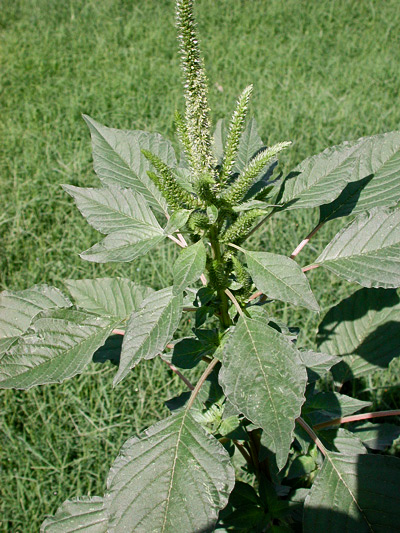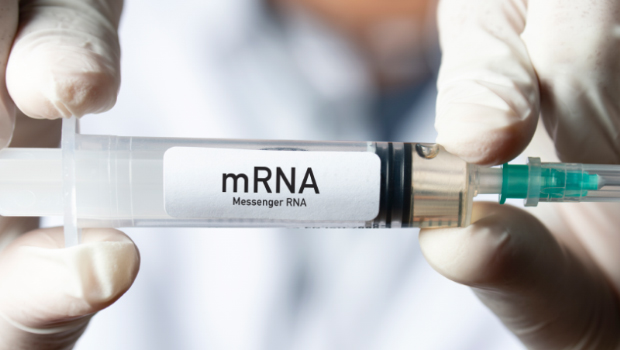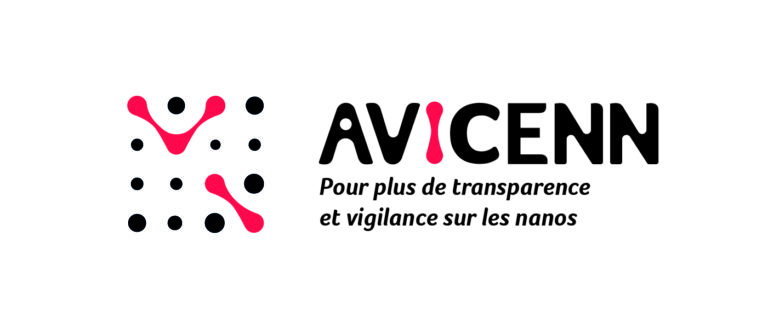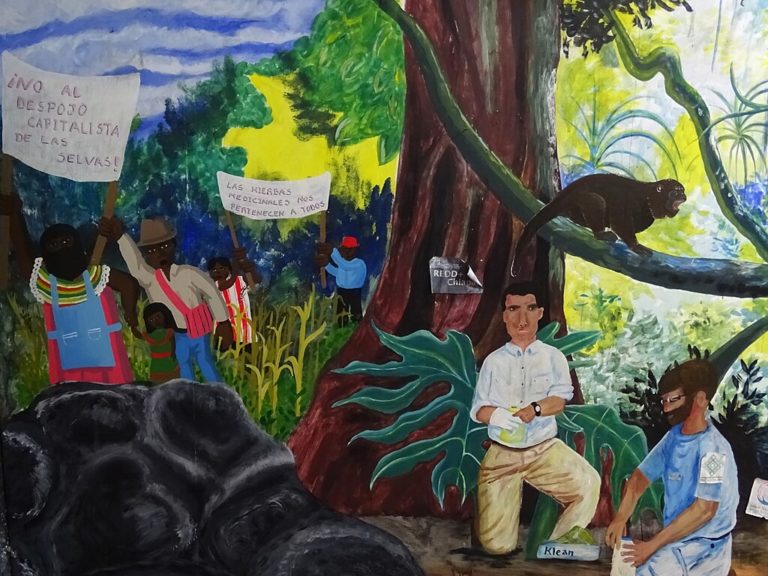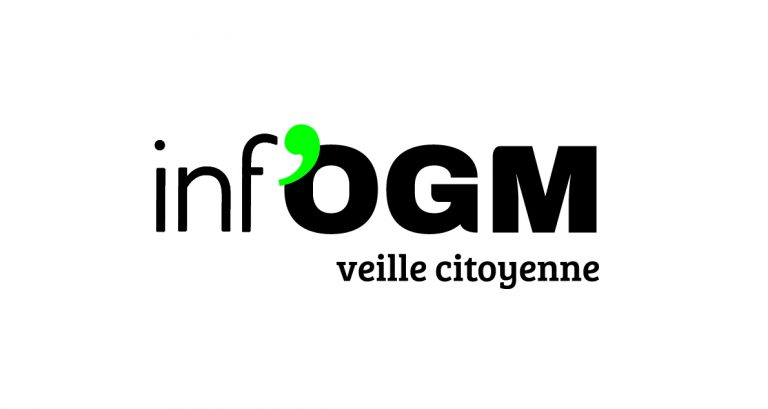Actualités
Veille juridique Inf’OGM du 13 au 20 février 2023
FRANCE
•Sénat
Nouvelle question parlementaire : développement des nouvelles techniques d’amélioration des plantes
Question n° 05315 de M. Yves Détraigne (Marne – UC) :
« M. Yves Détraigne souhaite appeler l’attention de M. le ministre de l’agriculture et de la souveraineté alimentaire sur le développement des « nouvelles techniques d’amélioration des plantes », couramment appelées « new breeding techniques » (NBT).
Ces technologies, qui permettent d’accélérer la sélection végétale, sont très prometteuses pour l’obtention de plantes plus résistantes au changement climatique. Elles nécessiteraient une législation spécifique en la matière, différente -et moins prohibitive- des organismes génétiquement modifiés (OGM).
En réponse à la question écrite n° 3232 d’une députée, le ministère a indiqué être dans l’attente de la décision de la Cour de justice de l’Union européenne (CJUE) suite aux questions préjudicielles adressées par le Conseil d’État le 8 novembre 2021 afin de clarifier le statut juridique des variétés issues de mutagenèse aléatoire in vitro.
Or, la CJUE vient d’indiquer, dans un arrêt publié le 7 février 2023, que les organismes obtenus par mutagénèse aléatoire « in vitro » sont exclus du champ d’application de la directive sur la dissémination des OGM.
Par conséquent, il lui demande quelle position il entend prendre au sujet de ces techniques pouvant aider au développement de nouvelles variétés de plantes innovantes indispensables à notre agriculture pour produire notre alimentation tout en relevant les défis de réduction des intrants, du changement climatique et du programme “ De la ferme à l’assiette ” ».
En attente de réponse du Ministère de l’agriculture et de la souveraineté alimentaire.
Lien ici.
UNION EUROPÉENNE
•Parlement européen
Réponse à une question parlementaire : breveter des variétés végétales
Question E-003819/2022 de Sarah Wiener (Verts/ALE) :
« On 8 November 2022, some members of the Committee on Agriculture and Rural Development spoke about the patenting of individual plant varieties and market concentration in the seed sector. The Commission argued in the committee that essentially biological processes and products obtained therefrom by means of normal selection and breeding are not patentable and that this rule is always respected.
Whether a plant was obtained via a technical invention (which is then patentable) or via an ‘essentially biological process’ is not always easy to determine in each case, and seed companies find ways to patent plant varieties. This undermines the sovereignty of EU farmers and is leading to an increasing concentration of individual seed suppliers. An example is patent EP2966992 on high-temperature lettuce seeds, where the seeds are derived from conventional breeding methods, and there are other cases where patents have even been partially revoked in the past.
It is worth noting that the ban on patenting applies to all products and plant components used in or produced by essentially biological breeding processes.
1. Is the Commission aware of the fact that there are ways to bypass the European Patent Convention and the Directive on the Legal Protection of Biotechnological Inventions to patent plant varieties ?
2. Does it see a need to close the gap in legislation on the patenting of plant varieties ? »
Réponse de M. Breton au nom de la Commission européenne :
« As the Honourable Member rightfully stated, essentially biological processes and products obtained therefrom are not patentable, as a result of Article 53(b) and Rule 28(2) of the European Patent Convention (EPC) [1], reflected in Article 3(2) of Directive 98/44/EC on the legal protection of biotechnological inventions and the interpretation thereof given by the Commission in its Notice of 8 November 2016 [2].
The exclusion from patentability — by Rule 28(2) — of ‘plants or animals exclusively obtained by means of an essentially biological process’ was confirmed by the decision of the Enlarged Board of Appeal of the European Patent Office (EPO) in the case G 3/19, in line with the Commission’s interpretation set out in the above-mentioned Notice.
The Commission is not able to comment on the specific case of patent EP2966992, granted by the EPO (which is not an EU institution), except by noting that claim 1 of that patent includes a disclaimer (‘wherein the seeds belonging to the seed lot are not exclusively obtained by an essentially biological process’), which aims at ensuring that the exclusion of Rule 28(2) is respected.
As regards question 1, the Commission wishes to underline that Article 53(b) EPC, reflected in Article 4(1)(a) of Directive 98/44/EC, excludes plant varieties from patentability.
However, the Commission is aware of concerns raised from some stakeholders about potential claims being made on traits present in plant varieties that can also be obtained by essentially biological processes. The Commission is not aware of any specific cases, but it is following this matter closely.
As regards question 2, and on the basis of the above, the Commission does not, at this stage, plan to propose legislative changes as regards that exclusion ».
Lien ici.
INTERNATIONAL
•Juridiction unifiée du brevet
Ratification de l’Accord sur la juridiction unifiée du brevet par l’Allemagne
Le 17 février 2023, l’Allemagne a ratifié l’Accord sur la juridiction unifiée du brevet (JUB).
La ratification par l’Allemagne lance le compte à rebours prévu par l’article 89 de l’accord JUB, selon lequel l’accord entrera en vigueur le 1er juin 2023.
Lien ici.
•Convention sur la diversité biologique
Conférence internationale sur l’« analyse des OGM et les nouvelles techniques génomiques »
Du 14 au 16 mars 2023, le secrétariat de la Convention sur la diversité biologique (CDB) organise, à Berlin, une conférence internationale sur « l’analyse des OGM et les nouvelles techniques génomiques ».
Le programme et les intervenants de la conférence ne sont pas encore rendus publics.
Lien ici.
[2] Commission Notice on certain articles of Directive 98/44/EC of the European Parliament and of the Council on the legal protection of biotechnological inventions, OJ C 411, 8.11.2016, p. 3.





